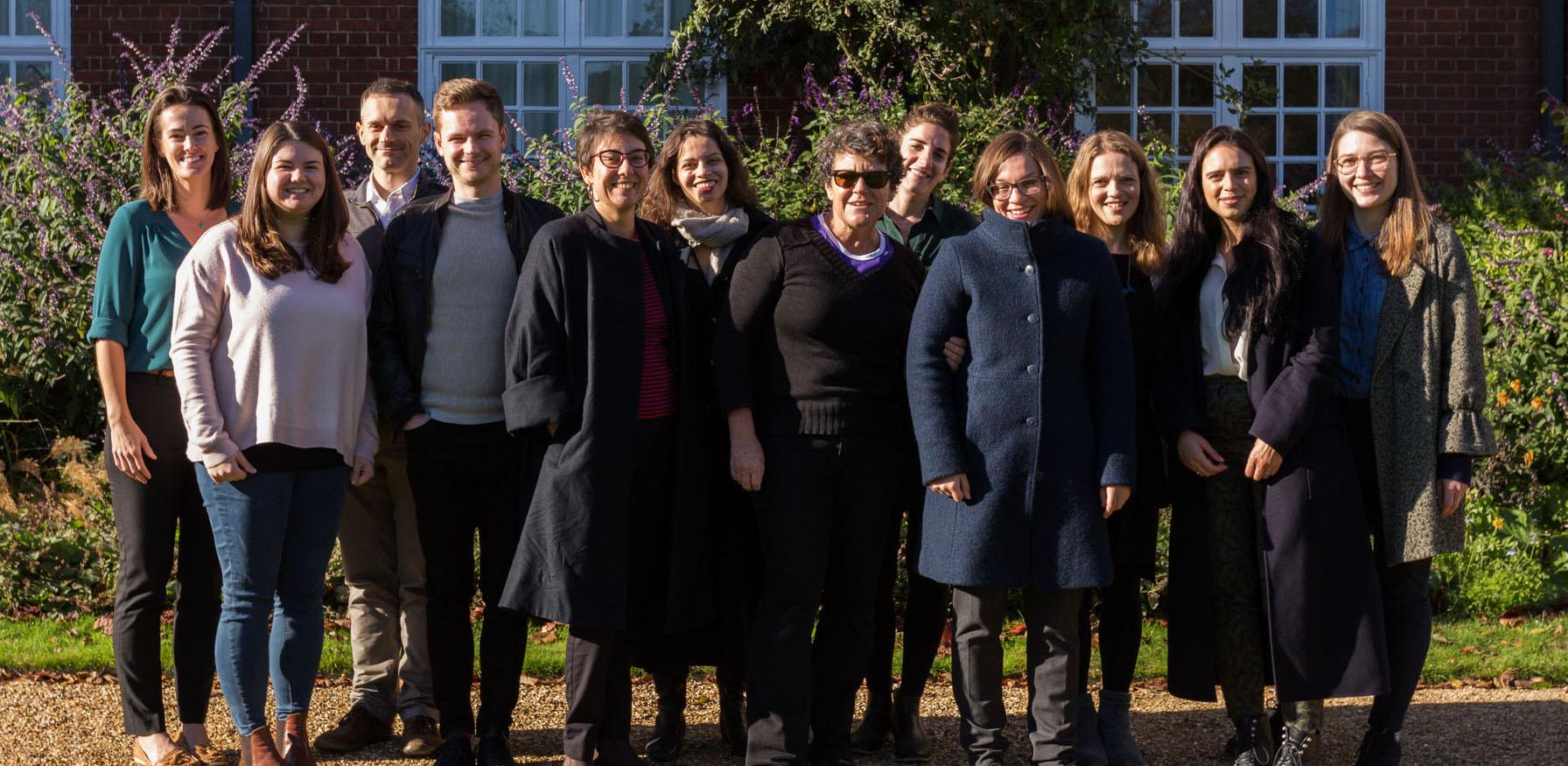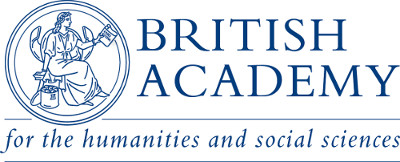Introduction to ReproSoc
The Reproductive Sociology Research Group was established in October 2012 to develop and support funded research on the technological transformation of reproduction and related forms of social and cultural change.
Led by Sarah Franklin, ReproSoc is based in the Department of Sociology and has raised over £10m in funding since 2013 from the Wellcome Trust, British Academy, ESRC, ERC, Leverhulme Trust and other funding bodies. The group consists of 20-25 members who meet regularly throughout the year to share and develop research in progress. Post-docs, post grads, academic staff and affiliated researchers all participate in regular weekly events including readings groups, research workshops, films, skills training sessions, brown bag lunches, talks and small conferences.
ReproSoc hosts a Visiting Scholars programme, an MPhil student programme, and Affiliated Scholars from within and outside Cambridge. Our research covers a broad range of topics including the history of IVF, ‘repronationalism’, reproduction and the environment, reproductive justice, visual cultures of reproduction, non-heterosexual parenting aspirations, regenerative medicine, the IVF-stem cell interface, racialized reproduction, and reproductive inequality.
By developing new sociological approaches to the intersection of reproduction and technology, our aim is to develop more generalizable claims about, for example, changing definitions of nature and ethics, the biologization of technology, translational biomedicine, and the political economy of reproduction. Our work thus contributes to sociology and anthropology, science and technology studies, social and oral history, feminist and queer theory, and the social study of biomedicine, bioscience and biotechnology, as well as other fields.
We run a programme of visiting speakers, public lectures, workshops, conferences and other events that are open to the public and we welcome inquiries about our work via this website, which offers many resources related to the study of reproduction, technology and society, or by email. You can follow us on Twitter and Facebook, or join our mailing list for updates and announcements.
We are committed to making outreach not only part of what we do, but part of how we learn.





